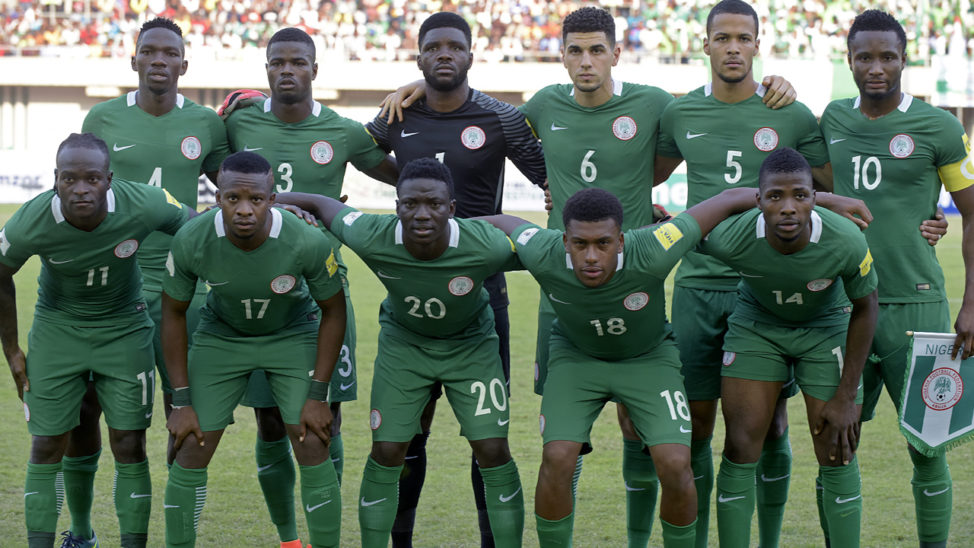In Nigerian sport of today, like day and night, it is impossible not to have an opinion about Lai Mohammed. Love him or hate him, the Information minister has struck a chord in recent times with his statements about protecting the Nigerian cultural industries from losing money to foreign lands in the name of production and sponsorships.
It is European football, that shiny product, like a well-polished 2017 Lamborghini Aventador gleaming in the sun. The English Premier League, that behemoth of cultural imperialism, has so captured our imagination that our country spends billions annually to get its fix. Like Marx’s opium, the EPL has become our poppy, seeping into our national vein without let.
While Mr Mohammed has called for higher taxation against companies that spend money on sponsoring sports programmes and overseas clubs, not one statement in support has come from the sports minister, Mr Solomon Dalung. Dalung, who has overseen one of the most turbulent periods in Nigerian sport with several athletes failing to find funds to compete internationally, has abandoned his constituency, in this debate, after the political interference in sport federation elections last month.
What Mr Mohammed has called for is not new. Countries have regularly fought to protect their local cultures from cultural imperialism. Canada in the 1950s and ‘60s insisted on placing a quota on foreign programmes that could be shown on television. This was to avoid the Americanisation of their values by the giant neighbour, the USA. China kept the world out during its Cultural Revolution until it was strong enough to re-engage with the West. And it came out better.
European football, an increasingly global business, is taking too much of our resources. While the British left us with flag independence, we have become stuck onto their football, a form of sport cultural imperialism. What must we do to get out of their grip in order to create our own industry just like the entertainment industry left the shadow of American music?
Who is to blame? A poor self-esteem which abandons the local but chases after the foreign. Many of our children cannot speak their mother tongue. We abandon our local customs, we fail in passing traditional values down the line, these are all failings on our part dictated by the mega cultural forces that are stacked up against us.
Is protectionism the way to go like Minister Mohammed has proposed? The United States, the biggest economy in the world, has a president that has called for greater protection for its citizens by pushing for higher tariffs on imports from Europe.
Perhaps it is best to also find what works for us. One change is mandatory though: we need to change the way our sports are run; where administrators sit on government allocations without a care in the world to turn profits. As long as we lose our best players to Europe every month, we will continue to look abroad for football entertainment. And so the businesses will put their money where the highest numbers of eyes are.
If they eventually get higher taxes, perhaps companies will end their spending on sport altogether. After all, it is not compulsory to spend their hard-earned money on domestic football that has not created enough value and captured the imagination. Nigerian sport can learn a lot from the entertainment industry whose sheer power of innovation has revolutionised our cultural offerings to the world.
TheGuardian


















